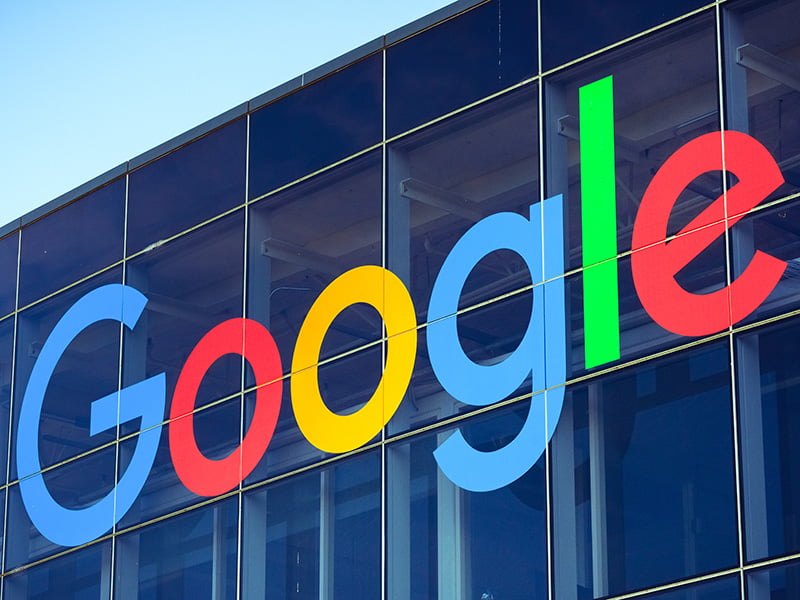Australia’s competition watchdog has uncovered another secret deal for Google search engine exclusivity on Android devices, this time with the country’s third biggest telco TPG.
TPG has agreed to scrap the agreement for a share of advertising revenue, signing a court-enforceable undertaking with the Australian Competition and Consumer Commission (ACCC) late last week.
It is the result of an investigation into Google’s search services in Australia, which has already seen separate voluntary undertakings from Telstra and Optus and remains ongoing.

All three telcos had agreements with Google to have its search services preinstalled as the default search services on Android mobile phones they supplied to customers.
Google currently holds around 98 per cent of the search market in Australia, up from 94 per cent two years ago, with the company using user inputs to build profiles that feed its advertising system.
ACCC Commissioner Liza Carver said the TPG undertaking was “another important step towards providing Australian consumers with more choice about the digital platforms and services they used, and to encourage more competition”.
“We are pleased that now all three mobile network operators in Australia have responded to the ACCC’s competition concerns by offering these undertakings,” she said.
The TPG undertaking resolves the ACCC’s concerns around the company’s involvement in “alleged anticompetitive conduct”, with the telco cooperating fully with the investigation into its agreement with Google.
The agreement, which had been in place since at least 2018 and expired in June, “limited the ability for rival search engines to be pre-installed and promoted on Android devices, in return for a share of Google’s advertising revenue”.
Under the court-enforceable undertaking, the telco will not be able enter into any arrangement with Google that gives it “preinstallation or default rights” for search services for three years.
Like Telstra and Optus, TPG will still be able to offer Google’s search services and enter into agreement with the company as long as they comply with the requirements of the undertaking.
The ACCC’s success in securing agreement from the major telcos comes as a lawsuit accusing Google of unlawfully dominating web search on smartphones is dismissed in the United States.
The lawsuit brought by consumers was thrown out on Friday, with a judge finding they had no provided enough factual evidence showing harm from Google’s market dominance.
But an amended lawsuit could still be filed following last week’s ruling that Google violated antitrust laws when it spent billions on an exclusive contract for search exclusivity that helped it create an illegal monopoly.
The case was filed in 2020, with the US Department of Justice estimating that Apple received between US$8-12 billion per year for its default search status through internet browser Safari.
The ACCC began exploring the introduction of “choice screens” that allow users to select a default search provider in 2021, flagging Google’s lack of them as a competition concern.
After a preliminary inquiry, the regulator asked for new powers to prevent Google from signing exclusionary agreements with distributors, which collectively cost the tech giant billions of dollars.
Do you know more? Contact James Riley via Email.

